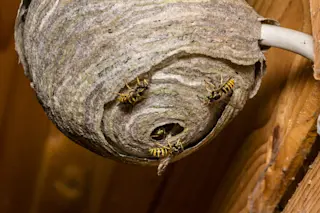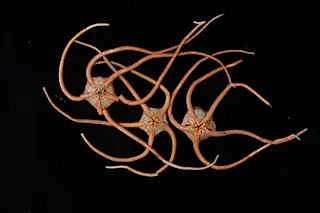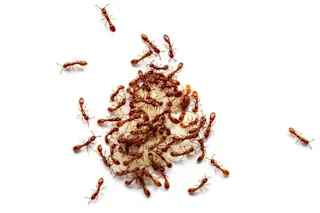In August, researchers reported that bacteria can transfer nearly their entire genome into the cells of a multicellular host. While such transfers have been observed before, the study leads researchers to believe that this type of genetic infiltration is much more common than previously suspected. It may be, they say, a novel evolutionary mechanism for organisms to pick up new genes and adapt them for new functions.
In a project led by John Werren of the University of Rochester, New York, the researchers experimented with Wolbachia pipientis, a type of symbiotic bacterium that inhabits the testes and ovaries of many insects and worms.
When the researchers used antibiotics to kill all the Wolbachia living in a batch of fruit flies, they found that nearly all the parasite’s DNA stayed behind in the fly’s nuclear genome. Moreover, when they crossed male fruit flies carrying the inserted genome with Wolbachia-free females, they ...














